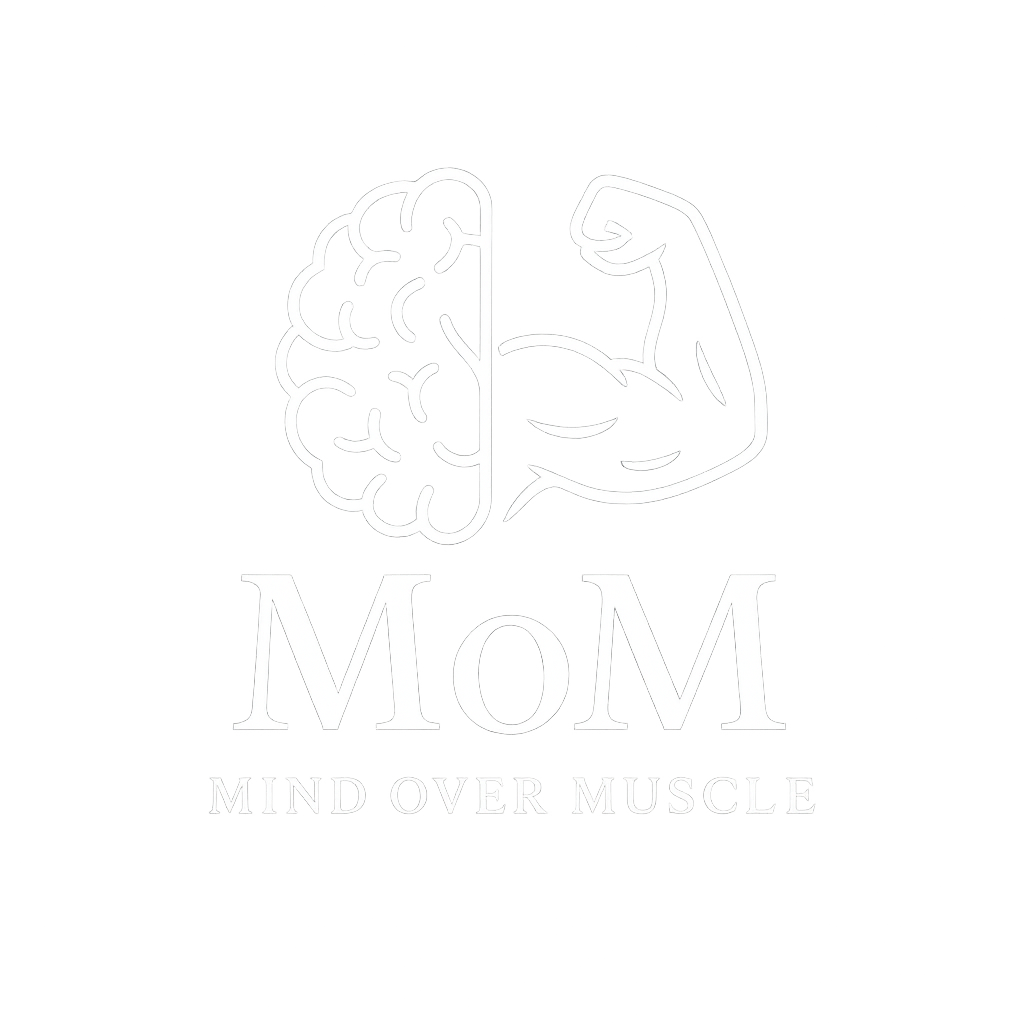Why Most Diets Fail (and What Everyone’s Overlooking)
Most diets fail not from lack of discipline, but from relying on plans over principles. Discover the real reason and how to make results last.
In my experience, many people struggle with dieting either because they are overweight and don’t fully realize how much it’s holding them back, or because they simply aren’t aware of the methods available to them. The truth is, there isn’t just one way to lose unwanted weight—and this is exactly where personalization becomes essential.
A diet should never be a symbol of self-punishment. It should be a tool for reaching a healthier body—one that can help prevent countless avoidable health issues. These include joint problems, or even disrupted airflow during sleep, which can lead to serious discomfort and sleep-related complications.
The “The Impact of Obesity: A Narrative Review” offers a detailed overview of these consequences and is worth exploring for those seeking a deeper understanding.
────────────────────────────
How I Found the Method That Actually Worked for Me
To be honest, it took me a long time mainly because, apart from a gut feeling, I had absolutely no proof it could work for me at all. For most of my life, I struggled with being overweight. Sometimes, I even caught myself thinking I’d never be able to achieve a healthy body—let alone anything beyond average. Dreaming of a strong, aesthetic physique felt out of reach.
Thoughts like that carry a massive downward pull. They quietly push you toward resignation, making it impossible for any real upward momentum to begin.
But the opposite mindset can be just as limiting: if you grow up believing “no matter how much I eat, I just can’t gain weight,” that too can trap you in a false identity that resists change.
The moment you experience the first visible, positive result—everything shifts. From that point forward, your efforts can finally take on a sustainable form that aligns with your real goals.
In my case, I couldn’t really count on anyone around me. And when someone has to face something entirely unfamiliar on their own, it can make the beginning much harder.
But in the end, diet and transformation always come down to one thing: the individual.
────────────────────────────
The 3 Biggest Traps—and How I Learned to Beat Them
1. Cravings
We’ve all been there. Even when we know we shouldn’t eat a certain food that goes against our diet, the craving wins.
For most people, the toughest temptations come from sweet foods—because sugar boosts dopamine and other “feel-good” chemicals in the brain. This creates a short-lived sense of comfort and pleasure… often followed by guilt. And when the guilt doesn’t hit, we comfort ourselves with phrases like “this one bite won’t ruin everything.”
If you’ve never been able to resist temptation, you’re not alone but that doesn’t mean you’re doomed. The key is having something bigger than the craving to focus on. When you can hold onto a long-term goal, even a moment of denial can bring a different kind of satisfaction—maybe not as intense, but far more valuable over time.
For me, hearing the right words at the right moment was often what gave me the initial push. Sometimes all you need is a sentence that shifts your perspective. That’s how I found the method that finally worked.
2. Unrealistic Expectations About Our Own Diet
Your body functions like a giant calculator constantly using calories to maintain its basic operations.
If you don’t understand your body’s true needs, you’ll be guessing. And that guess usually leads to short-term change at best or no meaningful change at all.
One of the best reference points is your morning fasted bodyweight. It allows you to observe how your calorie intake from the previous days is affecting your weight. If your weight stays the same while eating a consistent amount, that’s your maintenance level.
If it’s going up, you’ve overshot. If it’s trending down, you’re in the right direction.
Your empty morning weight is one of the best metrics to measure your diet’s effectiveness.
3. The “I’ll Start Tomorrow” Reflex
This one can stretch on for weeks or even make you forget why you started at all.
If you can’t say no right now, you won’t magically be able to do it tomorrow. Delaying gives you a momentary sense of relief, but procrastinating things that truly matter often ends in emotional exhaustion.
In my case, the moment I successfully delayed a cheat meal—just by 15–20 minutes the craving faded completely.
Most of the time, it’s not even physical hunger. It’s your eyes wanting what they’re used to, or your habits dictating your behavior. But if you can redirect your focus, the urge often disappears on its own.
Unhealthy cravings usually don’t come from real need—they come from patterns.
And that’s not just my experience. Studies show that if you can wait out the first wave of desire, the craving weakens significantly or vanishes altogether.
One study even found that simply delaying gratification can lead to reduced food intake, without needing to fight yourself constantly.
“Sometimes, postponing the craving is enough to eat less—without the inner war.”
────────────────────────────
What It Really Means to Stick to a Diet
When we talk about truly sticking to a diet, we’re not talking about following someone else’s rules. We’re talking about building a system based on our own values one where our personal priorities come first.
The mistakes of the past don’t excuse us, and we can’t rely on them either. What matters is how we act in the present and where we want to go.
If we can’t commit to a path even one that works for many how could we expect other areas of life to thrive either?
We should never compare ourselves to others. But we can use the success of others as a way to fuel our own belief. A helpful mindset is this:
“If they could do it—why not me?”
That thought alone can inspire you at any level. But the focus should never be on being better than someone else.
It should always be about becoming a better version of yourself.
────────────────────────────
Real Motivation Comes From Within
For me, following a diet never meant conforming to someone else’s rules. It meant building something of my own something I believe in.
And science backs this up. Research shows that when people begin their transformation from a place of inner motivation, they are not only more likely to lose weight, but they’re also far more likely to maintain it long term.
One key study (Williams et al., 1996) found that individuals who made lifestyle changes based on internal commitment were more successful and more consistent than those driven by external pressure.
That’s the difference I felt too: once I started aligning with my values instead of following restrictions, I no longer had to force myself. If I can understand my system, I can use it.
Andw once you can use it, it becomes yours.
────────────────────────────
When It’s No Longer a Struggle—But Just How You Live
Once you prove to yourself that you can stick to your nutrition goals, that’s all the confirmation you need to start shaping the body you actually want.
Every beginning feels hard but it doesn’t have to stay that way.
When you’ve removed the unnecessary foods and are left only with meals you actually enjoy, something changes. With a smart, personalized structure, the entire process becomes smooth. You enter a state of effortless consistency.
The mental benefits are huge: confidence you’ve never felt before, stronger presence, and a better daily mindset because now, your body isn’t being shaped by old habits.
Instead, your nutrition becomes a tool something that supports your everyday life, not something you struggle to manage.
And only your mind can determine how effectively you use that tool.
Your body becomes a mirror for your discipline and persistence—and these qualities are key to reaching a form of happiness that comes from within.
Today, when I’m dieting, I eat the same healthy foods I enjoy during my bulking phases with just a few adjustments.
It’s not variety that creates results—it’s sustainability.
And sometimes, sticking to your personal favorites works better than chasing endless options.
According to the Self-Determination Theory, activities rooted in internal motivation don’t just last longer they also bring greater satisfaction and well-being. That’s because the individual acts in alignment with their own values and goals.
“The most beautiful kind of happiness is when you don’t need anyone or anything—just yourself.”

────────────────────────────
Final Thoughts
When I think back to how I used to see myself during my unhealthy lifestyle the difference is impossible to put into words.
At first, I just wanted to lose a few kilos. But as I fell in love with the process, it evolved into a way of life.
Time can become your greatest ally.
Change won’t happen in a few days, but once you make peace with your diet, the two—time and discipline can walk hand in hand and start lifting you up instead of holding you back.
Maybe my story isn’t exactly your story.
But if you’ve made it this far, then you already know: there’sa something in you that’s ready to begin.

